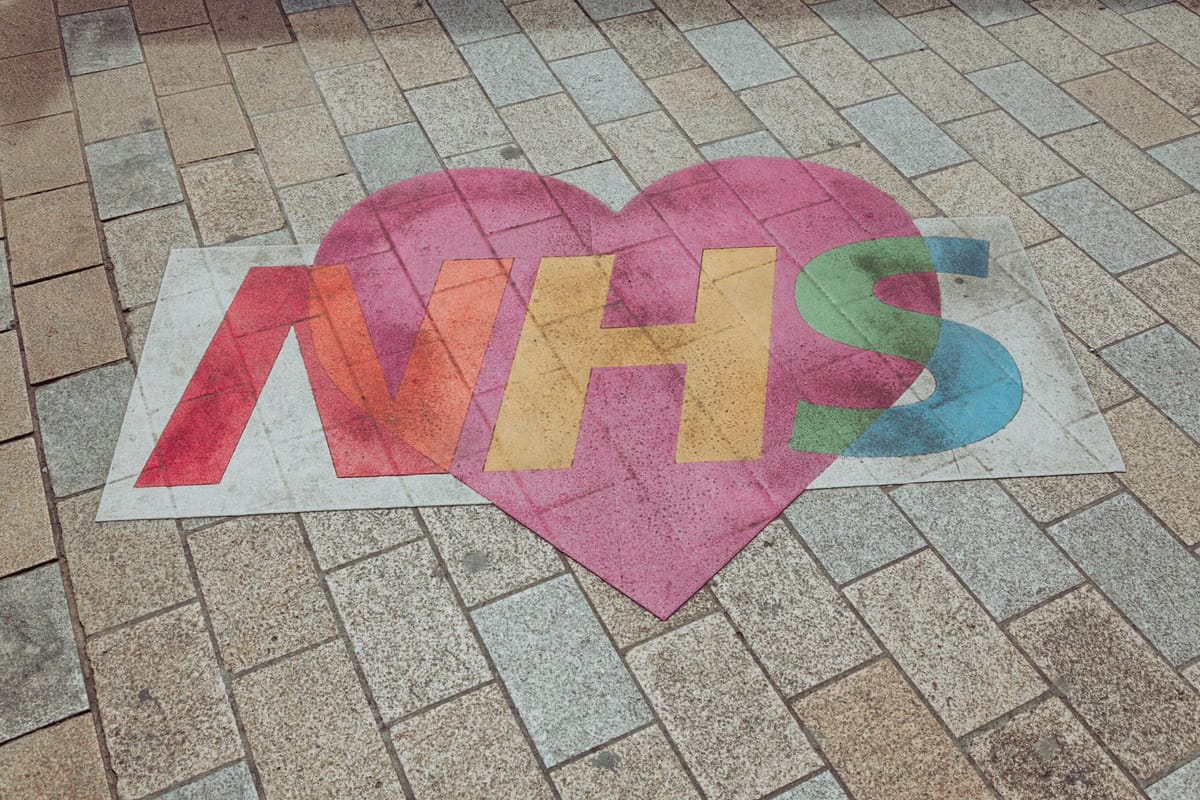
Former British Prime Minister Tony Blair and onetime Tory leader Lord William Hague have called on the NHS to create a data sharing scheme that would feed into a "biotechnology revolution".
Their pitch, in a joint report, is that the NHS should form a trust, and sell anonymised patient data to the highest bidder. The report paints it as a win-win situation. The NHS makes money, public services improve, the quality of data improves too - eventually allowing Big Tech and NHS to train an army of AI doctors.
But, the prospect of the NHS selling patient data already has ethics and medical privacy campaigners spooked.
Trust Issues
Previous NHS attempts at data sharing have led to controversy. In a 2017 court case, the Information Trust stated that the NHS did not adequately guard the data of 1.6 million patients . However, the case was dismissed by the High Courts in 2023 on the grounds that the claim failed the 'same interest' requirement set out in the civil procedure rules.
More recently, the NHS has drawn public ire by awarding a £330 million contract to US tech company Palantir. Campaigners such as Amnesty International have raised concerns over Palantir's deep ties with the US government, even though the UK contract limits the tech firm to delivering a SaaS platform for the NHS.
See also: Palantir lands £330 million NHS "Federated Data Platform" contract
Blair himself has had a controversial history when it comes to public tech and privacy. His legacy as Prime Minister included a "doomed" Big Brother-esque push for compulsory ID cards which was eventually aborted.
What the report proposes
The report from the Tony Blair Institute is the third in a series on how Britain could harness the power of technology and reimagine the state and public services by restructuring Whitehall, making better use of data, and improving the access of tech companies to skills and finance.
It suggests that the NHS should adopt a new approach to using health-care data to support breakthroughs in medicine. The report proposes establishing an NHS Data Trust, with a controlling stake owned by the NHS and additional investments from companies.
The NHS already makes data available for purchase, through its Data Access Request Service. However, the service as it stands is publicly funded and on a cost-recovery basis. What Blair and Haugue propose is to commercialise this.
Outlining what this trust would look like, the report states that it would "treat NHS data as a competitive asset whose value can be realised for the benefit of the public. This would involve providing anonymised data to research entities, including biotech companies, in return for financial profit that would then benefit our health service."
It said "A transparent governance model would ensure that our data remain safe and that NHSDT’s operations align with public health objectives, not private capital’s."
This trust should be modelled after the BBC, ensuring it "serves as a practical way of blending public service with commercial success." The report makes a brief mention of the lack of public trust in these kind of deals - and says that the NHS should "learn" from its previous mistakes.
Ethics, et al
Speaking to The Stack, Sam Smith, policy lead at MedConfidential, said that the Blair and Hague proposals would be a bad deal to the public.
"The change being suggested by Blair and Hague is that the NHS charges more, which just means that companies will have to pay more to buy the data, and hence charge more for the services and treatment they build, and have to add the cost of interest etc and overhead on top."
"So basically Blair is proposing to add money to one year’s NHS budget by taking more cash away from every other hospital in every following year. It’s economically illiterate on its own terms."
"If you’re selling data to the highest bidder, the people who buy it will be those who can make the most money, not who will do the most good for the NHS," he concluded.
